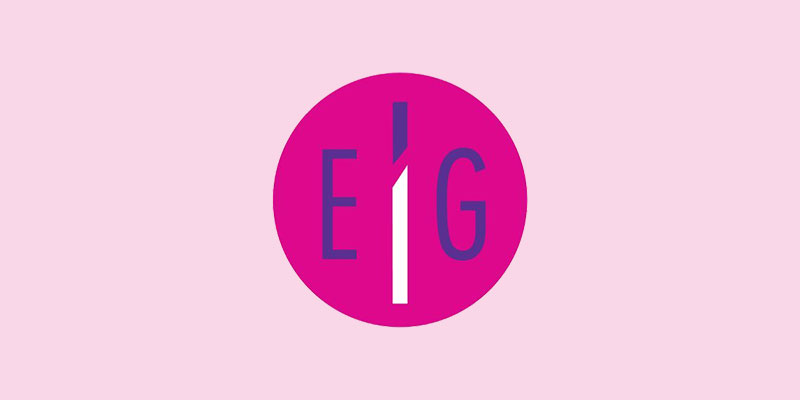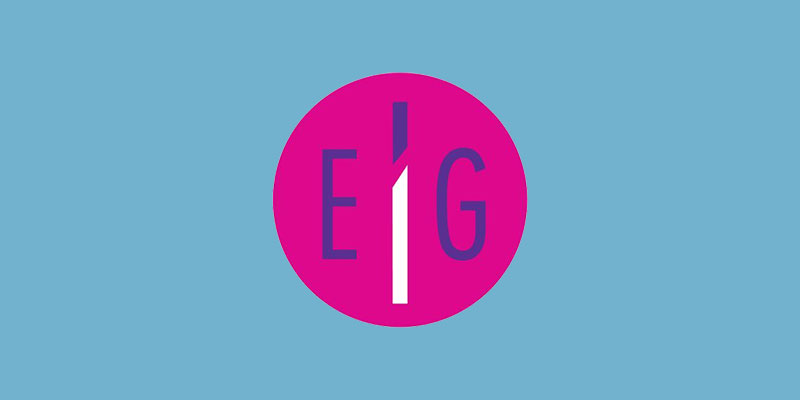In honor of Women’s History Month, we’re highlighting 18 inspiring women who have broken barriers, shattered stereotypes, and left a lasting impact on history. From athletes to activists, scholars to artists, these women have paved the way for future generations and continue to inspire and empower women around the world. While there are countless women who have made significant contributions throughout history, this list showcases a diverse range of women who have left their mark in various fields and industries. Join us in celebrating their accomplishments and legacies!
Babe Didrikson Zaharias: One of the greatest female athletes of the 20th century, Zaharias was a multi-sport star who excelled in basketball, golf, and track and field. She won two gold medals in track and field at the 1932 Olympics and went on to become a dominant force in women’s golf.
Ida B. Wells: American journalist, activist, and feminist best known for her courageous reporting on lynching in the United States, which exposed the brutality of racial violence and helped to galvanize public support for anti-lynching legislation. Her tireless advocacy for racial and gender equality has made her a crucial figure in the fight for justice and human rights.
Ada Lovelace: English mathematician and writer who is considered to be the first computer programmer for her work on Charles Babbage’s analytical engine. She is known for her contributions to the field of computer science and for being an early advocate for the potential of computers to transform society.
Frida Kahlo: Mexican painter known for her self-portraits and representation of the female experience and Mexican culture. She is known for her bold, colorful style and her depiction of pain and suffering, as well as for her activism for social justice and women’s rights.
Renee Richards: American professional tennis player who, in 1977, won a landmark legal battle that allowed her to compete in women’s tournaments and paved the way for future generations of transgender athletes. Richards’ advocacy and activism helped to raise awareness and promote acceptance of transgender individuals in sports and beyond.
Katherine Johnson: American mathematician and NASA scientist who played a pivotal role in the early days of the space program, calculating the trajectories for the first manned space flights. She was also a trailblazer for women and Black people in STEM fields.
Simone de Beauvoir: French writer, philosopher, and feminist who is best known for her groundbreaking work, “The Second Sex,” which challenged traditional gender roles and argued for the equality of women. Her contributions to feminist theory and her advocacy for women’s rights have had a profound impact on the modern feminist movement.
Susan B. Anthony: Prominent suffragist and abolitionist who fought tirelessly for women’s right to vote in the United States. She played a pivotal role in the suffrage movement, co-founding the National Woman Suffrage Association and helping to secure the passage of the 19th Amendment to the US Constitution, which granted women the right to vote.
Elizabeth Cady Stanton: Co-founder of the National Woman Suffrage Association with Susan B. Anthony. She played a key role in drafting the Declaration of Sentiments, which called for women’s equality in all areas of life. Her tireless efforts paved the way for future generations of women to achieve greater social and political equality.
Maya Angelou: American poet, memoirist, and civil rights activist who is known for her powerful writing on issues like race, gender, and identity. She was also a prolific speaker and performer, using her platform to inspire and uplift audiences around the world.
Marie Curie: Polish-born physicist and chemist who made groundbreaking contributions to the field of radioactivity. She was the first woman to win a Nobel Prize and the first person to win two Nobel Prizes in different fields, revolutionizing our understanding of the atomic structure of matter and paving the way for countless scientific advancements.
Amelia Earhart: American aviator and feminist who became the first woman to fly solo across the Atlantic Ocean. She also set numerous aviation records and inspired a generation of women to pursue careers in aviation and other male-dominated fields. Her legacy as a trailblazer and icon of women’s empowerment continues to inspire people around the world.
Wangari Maathai: Kenyan environmental and political activist who was the first African woman to receive the Nobel Peace Prize. She founded the Green Belt Movement, which has planted over 50 million trees in Kenya and inspired similar efforts around the world.
Ruth Bader Ginsburg: American jurist and Associate Justice of the Supreme Court of the United States, who was known for her advocacy for women’s rights and gender equality. She was the second woman to serve on the Supreme Court and played a pivotal role in shaping legal precedent on issues like reproductive rights and discrimination.
Indira Gandhi: Indian politician who served as the Prime Minister of India from 1966 to 1977 and again from 1980 until her assassination in 1984. She is known for her leadership during a period of significant social and economic change in India, as well as for her advocacy for women’s rights and environmental conservation.
Mary Wollstonecraft was a pioneering feminist and writer who is best known for her groundbreaking work, “A Vindication of the Rights of Woman.” In this seminal text, she argued for the education and social equality of women, laying the foundation for the modern feminist movement and inspiring generations of women to fight for their rights.
Billie Holiday: American jazz singer and songwriter who was one of the most influential vocalists of the 20th century. She is known for her unique style, which blended elements of jazz, blues, and pop, as well as for her activism against racial segregation and discrimination.
Sojourner Truth: Born into slavery in the United States, she was a powerful speaker and advocate for abolition and women’s rights in the 19th century. She fought for her own freedom and went on to speak out against injustice and inequality, delivering her famous “Ain’t I a Woman?” speech at the Women’s Rights Convention in Akron, Ohio.
To learn more about Empowering Girls, and to sign up for our event on August 12, 2023 – visit our homepage! This year’s event is FREE – learn more about the event and register for your free ticket here!


